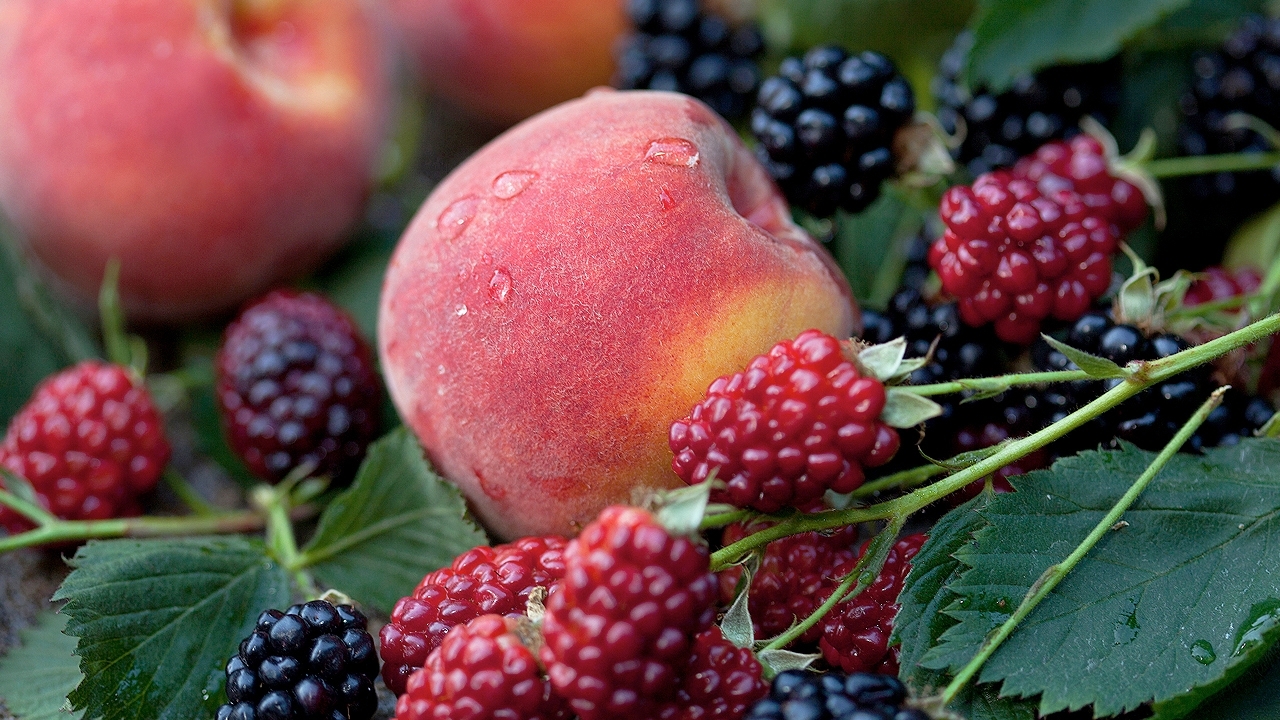PPA 7721: National Clean Plant Network

The National Clean Plant Network (NCPN) protects healthy U.S. agriculture by providing "clean" plant propagative material free of targeted pathogens and pests. By doing so, NCPN supports healthy agriculture and ensures the global competitiveness of economically valuable crops, such as fruit trees, grapes, citrus, berries, hops, sweet potato, and roses.
Across the United States, NCPN has plant centers that produce high-quality, propagative plant material and maintain blocks of pathogen-tested plant material. Through innovation and collaboration, NCPN:
- Builds interconnections and partnerships to enhance clean plant center capacity
- Conducts plant pathogen diagnostics and therapy
- Establishes the foundation of clean source plants
Open NCPN Funding Opportunities
NCPN Highlights
- Fruit Trees: Maintained over 900 clean fruit tree accessions in foundations (blocks of pathogen-tested plant materials) and delivered about 60,000 cuttings and 100,000 seeds to nurseries and growers annually.
- Grapes: Maintained approximately 2,700 selections of clean grapevine accessions in foundations and distributed about 40,000 clean grape-wood cuttings, buds, plants, or seed to industry each year.
- Berries: Maintained about 350 berry accessions in clean plant foundations. Annual nursery sales of 800 million plants in California and 200 million in Florida are produced from plants originally sourced from NCPN centers.
- Citrus: Maintained approximately 2,700 clean citrus tree accessions in foundations and delivered over 575,000 units of budwood and seed annually.
- Hops: Maintained 44 clean hop selections in foundations that are used to accommodate about 30 percent of the world’s need for clean hops. The program distributes clean propagative units to industry, which can be expanded rapidly to provide thousands of plants for planting annually.
- Sweet Potatoes: Maintained about 440 sweet potato accessions in foundations and delivered more than 930,000 clean plants each year.
- Roses: Maintained over 850 rose selections in foundations and distributed over 40,000 clean scion and rootstock cuttings annually.

